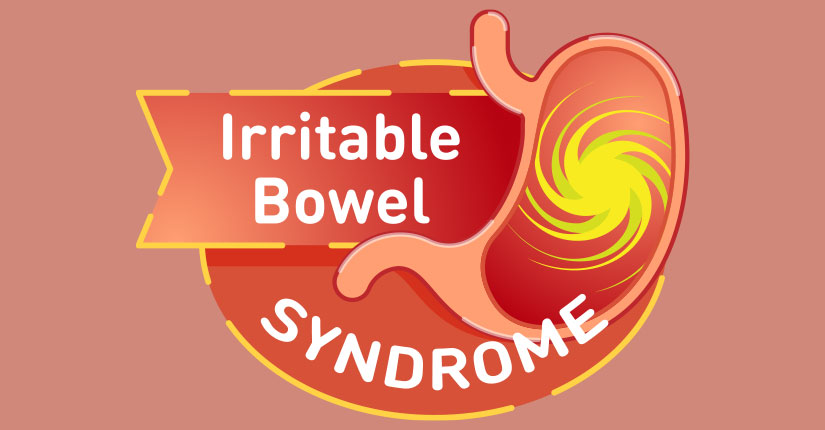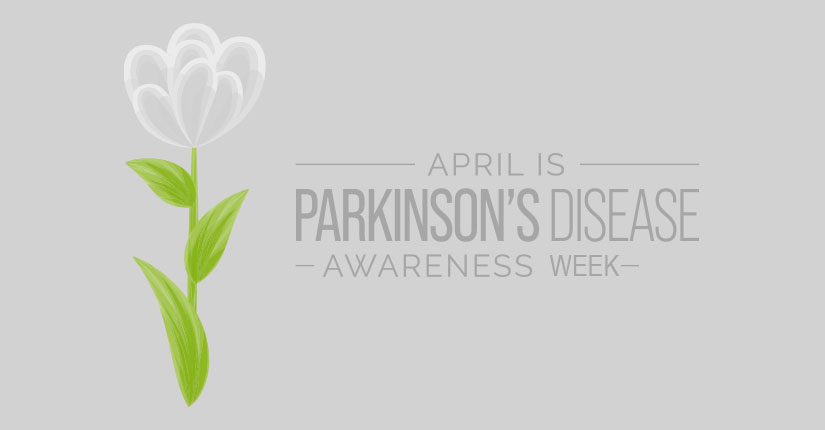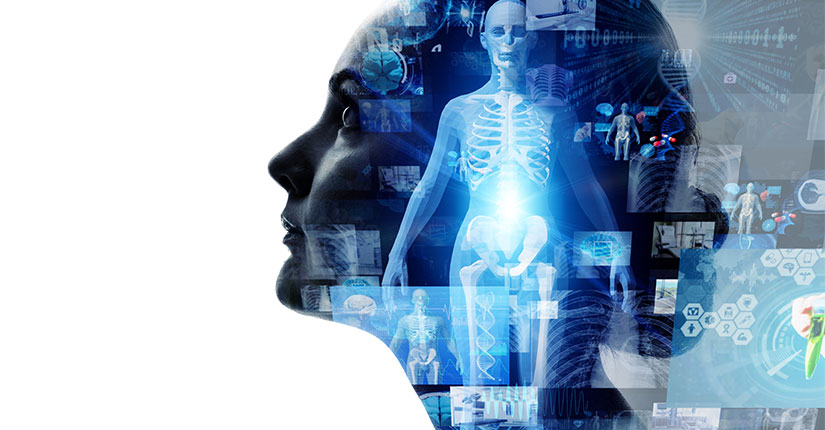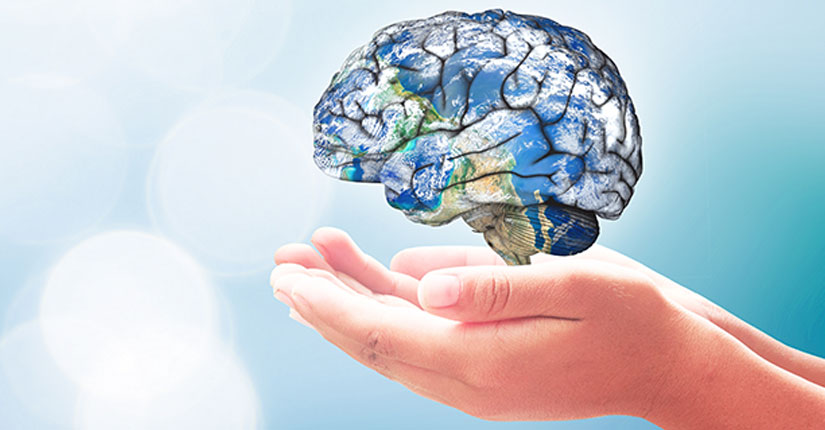World Science Day- A Brief Insight on Nutritional Science
By Nmami Agarwal 10-Nov 2020 Reading Time: 5 Mins

World Science Day, a day that highlights the important role that science has in society is celebrated every year on November 10. It further highlights the need to catch the audience in debates on emerging scientific issues. Today, the impact of science on people’s daily life and its profound societal implications, including those of an ethical nature, make scientific literacy a prerequisite for effective democratic processes.
Additionally, this day has also given rise to concrete projects, programmes, and funding for science around the world. Empirical evidence shows that humanity has put the functioning of the Earth’s system at risk. Moving on, the current development and economic patterns are responsible for many of the interlinked and growing social, environmental, and economic crises facing the planet. The designated challenge of our age is to safeguard Earth’s natural processes to ensure the well-being of civilisation while eradicating poverty, reducing conflict over resources, and supporting human health and the balance of the ecosystem.
With all sciences, Nutritional science is a complicated discipline, in line with other scientific disciplines. The importance of expertise and resources are required, with the nutritional scientist needing the determination to succeed with discoursing result, which is the norm for all scientific researchers. The science nutrition encompasses food science, food chains, behavioural science, wellbeing, law and policy, exercise and weight management. Nutrition involves physiology and biochemistry and is governed by various scientific facts.
Food, the basic requirement for all human being is essential for proper growth, development and to remain healthy. The food preferences, habits, cooking and processing have been evolved along with cultural development and evolution of human beings across the world, which could be seen in different ancient civilizations.
The foremost vitamin was chemically defined in 1926, less than 100 years ago, ushering in a half-century of discovery focused on single nutrient deficiency diseases. For centuries, food and nutrition have been studied, yet modern nutritional science is surprisingly still young. Nutrition science is perhaps a highly impactful for the primary reason that the amount and composition of the diet has a profound influence on disease risk. Dietary intake targets disease risk through the actions of calories (energy) and nutrients on physiological function. Deficiencies and excesses of a variety of nutrients can lead to physiological dysfunction, disease, and even death. Hence, nutrition plays a crucial role throughout the life cycle from before birth and continues to affect us throughout life depending on our selected diet.
At present, we are well aware of the potential for better health through nutrition and lifestyle choices. Since, the nutrition science is still developing and yet not scientifically explored all the factors which affect the nutrition and health yet there are better outcomes, both for prevention and treatment of medical conditions through nutrition and lifestyle.
Thus, Nutrition can lead the way to better knowledge and understanding toward continued health gains and greater well-being.
Over to you:
A well-balanced diet is known as an important pillar in the sustenance of life and health. Eating well is abiding more of a science, with new research showing us which foods may lower our risk of disease, and which are increasingly pointed to as the culprits behind ill health.





















